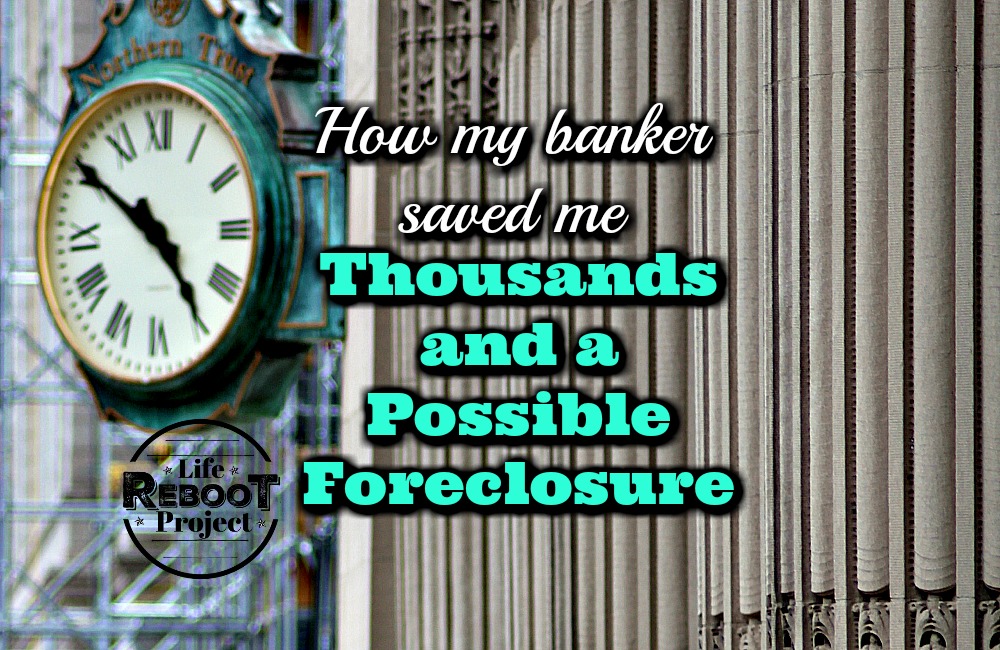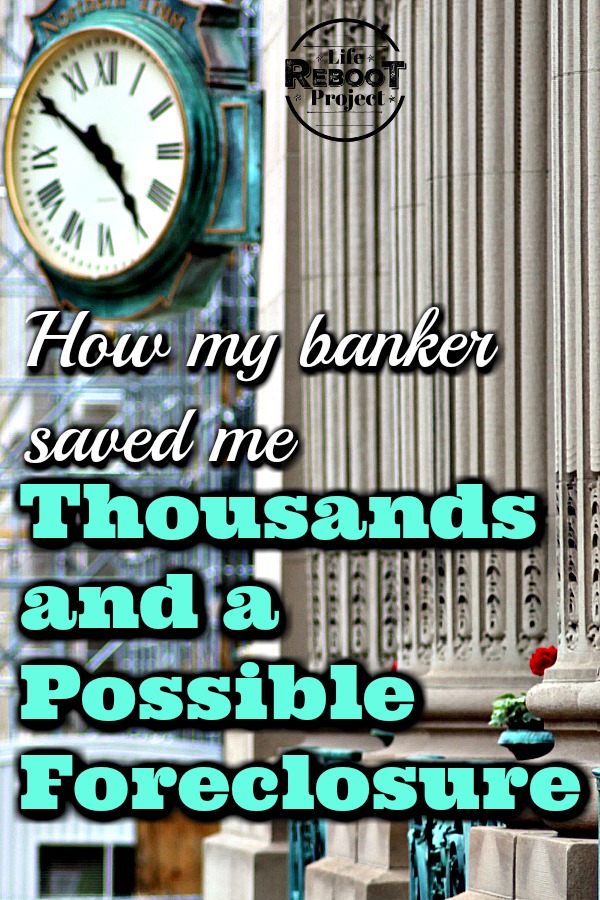
I am so thankful to the banker who helped me through my first home mortgage process. If it weren’t for him, I could have lost thousands and even faced foreclosure. I met him at a mortgage tips seminar he was holding at a local hotel conference room. It covered all the basic stuff on the home-buying process and some useful advice on the different types of loans and financing. This was around the 2004 – 2005 area.
It was great marketing. Over half the seminar attendees signed up for the banker’s free preapproval consultation. I did the same. I figured anyone willing to give a free seminar educating people about home mortgages deserved my business; or at least a shot at getting my business if his financing rates were favorable.
Mortgage tips; I needed to learn the home-buying process.
I had already been growing my nest egg and studying personal finance, but I didn’t know all the different types of mortgages and how the entire system worked. If you are reading this before buying your first home, I would strongly suggest one of these bank-sponsored seminars. The amount of information they offer will get you up to speed on the process pretty fast.
A mere hour and a half sitting in a seminar saved me a ton of time doing research. Plus, we all got free snacks. It was a win all the way around.
He explained variable and fixed-rate mortgages as well as how the low-down-payment and balloon mortgage system worked. At the time balloon mortgages were being used to get people into homes with very little or no down payment. The way it works is there is a second mortgage on the property to cover the required down payment for the primary mortgage.
These are short-term loans where the remaining balance comes due at the end of the loan. If it’s a $20,000 seven-year loan, a remaining chunk of say $10,000 would be due at the end of the seven years. With traditional loans, you would make incrementally the same payments to the end of the loan.
The catch with financing rates. This is where it starts to get interesting. Many adjustable-rate loans were advertised with very low-interest rates. All the fixed-rate loans I looked at were a little higher.
We were in a housing bubble, and people were ignoring the fixed vs. flexible option and just jumping on the lowest rate possible. Among my circle of friends, it was like a contest to see who got the lowest rate.
Mortgage tips; Getting preapproved and starting the search for a house.
So, I went to see this banker and a couple of others to see where I could get the best rate. He suggested a fixed-rate loan so my monthly payments would stay consistent and it would be far easier to budget around.
He used the analogy that adjustable rate loans were like playing the stock market. “If you’re a gambler, you might be able to save some money on a flexible rate loan. But, interest rates are historically low so, the only thing they can do is go up.”
I went to other places including the bank in which I do all my banking. Some of them offered a higher rate. Some of them tried to sell me a lower adjustable rate loan, but something about his explanation stuck with me, and we decided to go with him and the fixed rate loan.
Fast forward a couple of months.
We found an incredibly good deal on a house through a family friend of my wife. They wanted out and told us we could have it at assessed value. The assessed value on a house is what the city determines it is worth for tax purposes. The last assessment was some ways back, so our selling price was well under the value of the house.
We got a really good deal.
Mortgage tips; The closing and the final words from my savior banker.
Since the sale was done without a real estate agent, we got a lawyer to handle our end and went to the closing. I’m not so sure if our banker had a crystal ball or not, but something he said stuck with me. He told me if you ever get in a position where you can’t afford it, sell it before you default.
Get your money out of the property before you lose it. There will always be other house deals, just don’t default and let it go into foreclosure. I didn’t think about it too much at the time, but now I look back and wonder if he saw the housing crash coming before it hit.
His warning against adjustable rate loans and the advice to sell before we lost it was some of the best financial advice I ever received.
Mortgage tips; The housing crash and the aftermath.
Then the crash came. Between 2007 and 2008 the economy started to unravel. Interest rates skyrocketed, and people with variable-rate loans watched their interest rates go through the roof. Most of these people were pushed into houses they could barely afford at the low-interest rate let alone afford when their monthly house payment doubled.
People with balloon mortgages had balloon mortgages because they had very little savings. Many people lost their homes in foreclosure because they couldn’t afford the monthly payments anymore.
It was a sad time in America. Because of my banker’s advice, my loan payment amount never wavered. This is where he saved me thousands of dollars of interest and a possible foreclosure. I’m not so sure I could have weathered the storm if my monthly housing bill doubled, besides the amount of extra interest I would have lost.
So, what is the moral of the story if there is one? First, I think it taught me to look more long-term and not get caught up in the frenzy of the moment. I let the lower interest rates go to get something fixed, but in the long run, that was the smartest decision I made.
Second, I think it causes me to stop and analyze things from more of a common-sense approach rather than just jumping on to trends. Had I taken more of a gambler’s point of view I’d probably sitting in the poor house now.
Either way, I’m thankful for my mortgage banker.
Till next time, be safe,
Kevin

